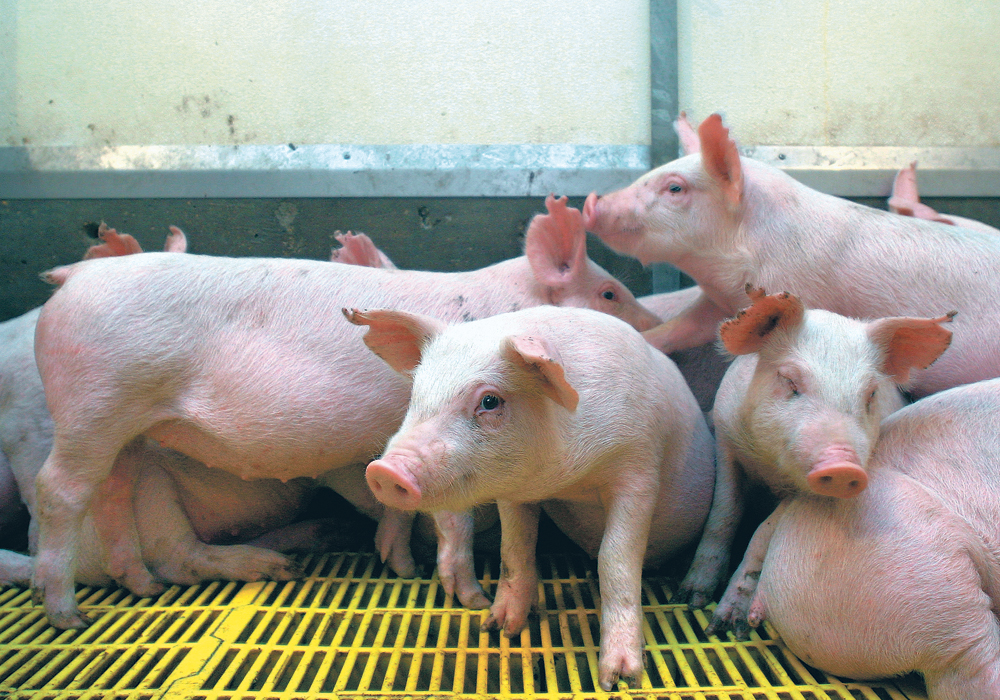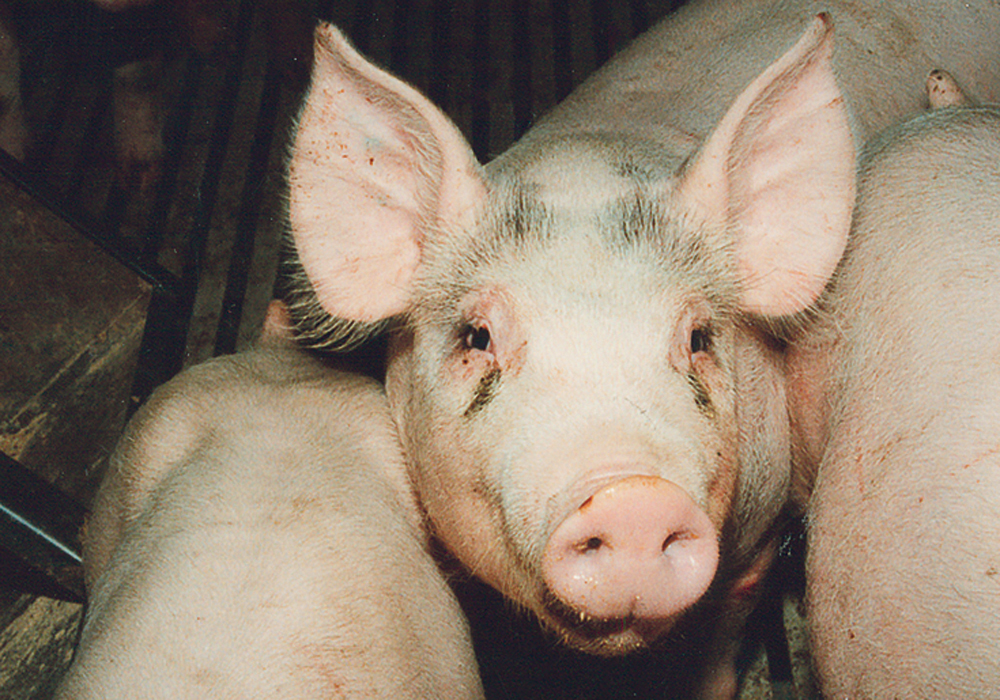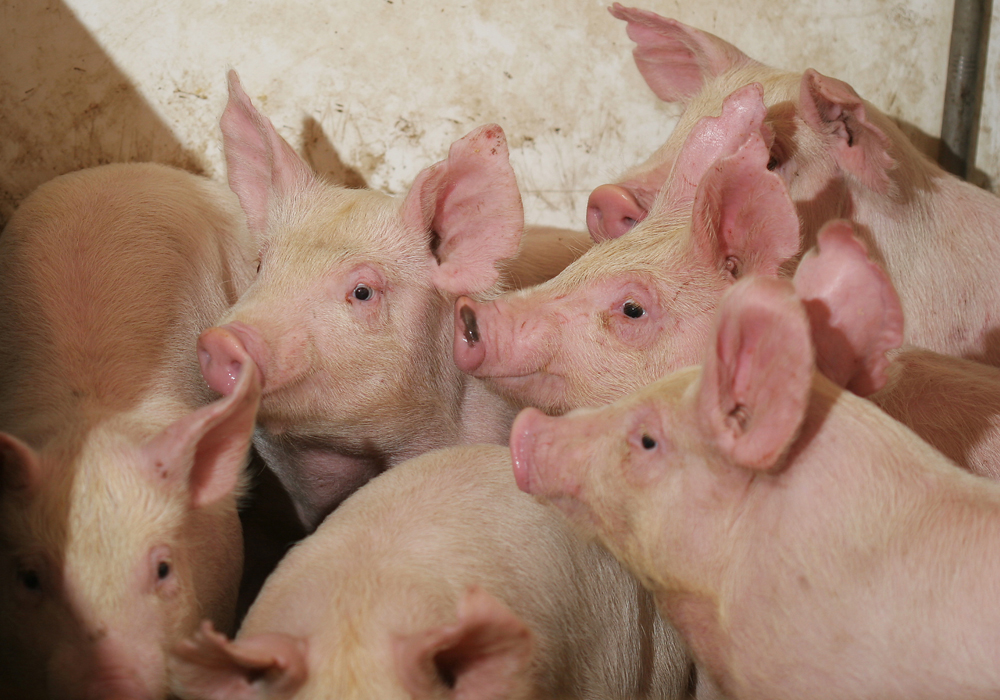RED DEER — Canada is preparing an extensive response and recovery plan in case African swine fever invades this country.
The viral disease is killing pigs throughout China and southeastern Asia with no signs of slowing down, said Alberta swine veterinarian Egan Brockhoff.
“African swine fever has overrun the Chinese pork sector and the virus has continued to move throughout southeast Asia. It is devastating to both backyard and production models,” he said.
“Our risk continues to grow because we import so much product from that part of the world and so many people come over,” he said at the Red Deer swine technology workshop held Oct. 23.
Read Also

Feds propose overhaul of chronic wasting disease control program
Chronic Wasting disease control program getting updated by Canadian Food Inspection Agency with feedback encouraged from producers.
The Canadian Pork Council, provincial pork boards and the Canadian Food inspection Agency are collaborating on an emergency plan to prepare for the potential threat of it entering the country.
The provincial boards met in Ottawa Oct. 21-22, where they reviewed gaps in the plan including dealing with surplus pigs if borders are closed during an outbreak.
There is a pan-Canadian action plan to enhance biosecurity, improve information flow and communication during an outbreak. Feed mills are being categorized according to the level of risk.
A response and recovery plan is also in the works to get producers back in business but it has to be fiscally possible.
The federal government has developed secondary control zones, which include all Canadian ports.
All imported high-risk grains, oilseeds and meals must be quarantined in a secondary control zone.
To import organic soybean meal from an infected country, for example, a government permit is required and the product will be held at a port for a specific time and treated with high temperature to kill the virus.
The Canadian Pork Council is working on a zoning and compartmentalization project that will be presented in mid-November. However, if the disease should infect wild pigs, all plans would be nullified.
Research projects are also being funded to help Canada deal with an outbreak.
The Canadian government has stepped up inspections of airport travelers. There is a risk of people smuggling pork in their luggage. International waste is to be incinerated rather than taken to landfills where wildlife could consume it.
At the provincial level, efforts are underway to get rid of wild pigs. They are destructive and could carry the disease.
“Wild pigs have emerged as a real global reservoir for African swine fever, particularly in Eastern Europe,” Brockhoff said.















